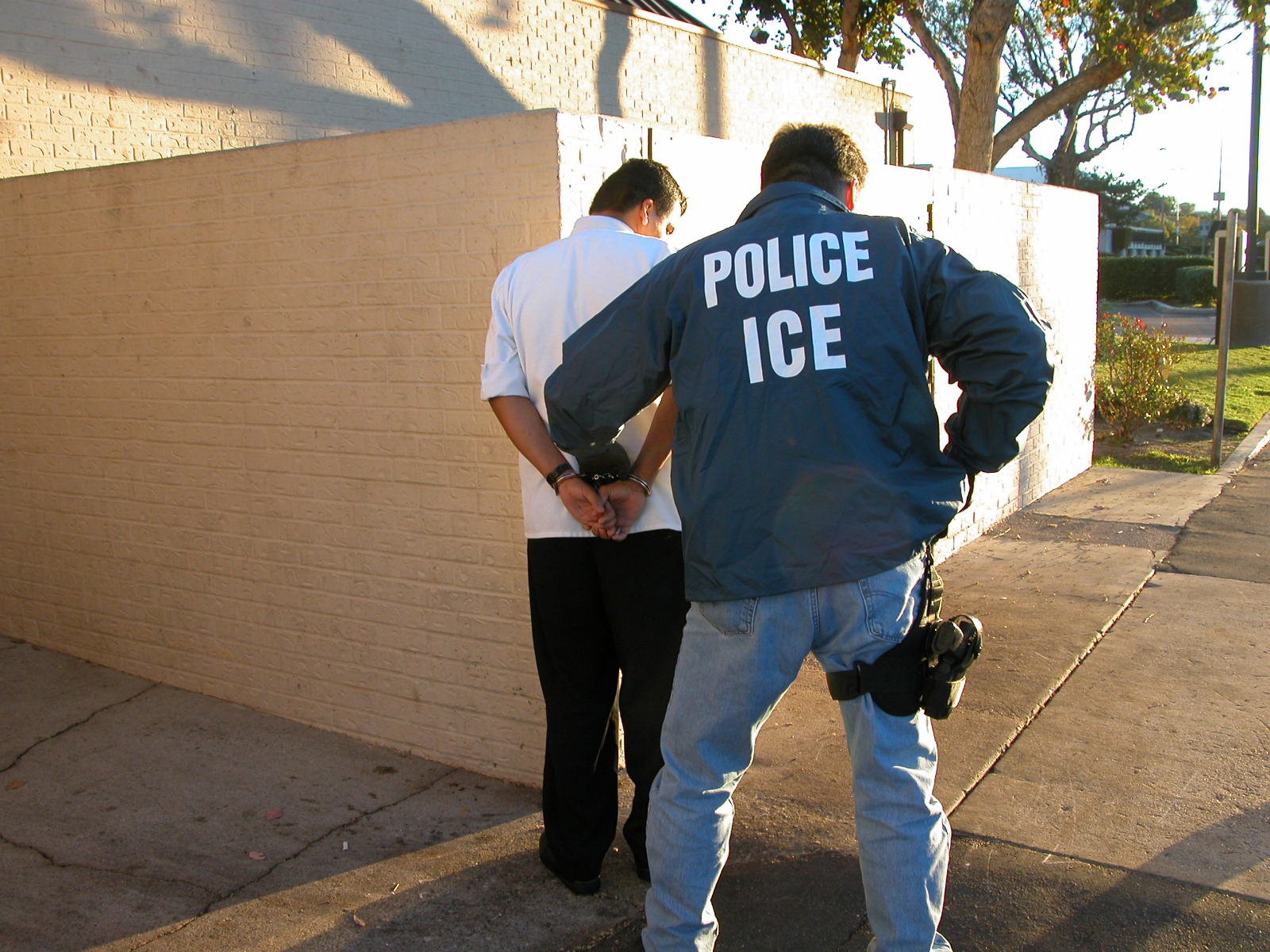How President Trump's Immigration Order May Backfire

By:
The Department of Homeland Security (DHS) released two memos on Tuesday, detailing the government's plan to crack down on illegal immigration. But while the executive orders, signed in January, and subsequent memos would expand the number of undocumented immigrants subject to deportation, some experts are worried that the increased enforcement efforts will inadvertently make the U.S. less safe.
 AP/Andrew Harnik - apimages.com
AP/Andrew Harnik - apimages.com
That's because part of the memo directs the federal government to recruit and effectively deputize local law enforcement officials to assist in immigration enforcement efforts, which could breed distrust between immigrant communities and police.
What you need to know about the memos.
- The memos offer guidance to federal agencies on implementing two executive orders signed by President Donald Trump last month. The orders call for increased deportation efforts, the construction of a border wall, and the dismantling of transnational drug trafficking organizations.
- More undocumented immigrants would be at risk of deportation because the memo amends a previous rule on the length of time an individual must have lived in the U.S. to qualify for expedited deportation. Undocumented immigrants will now be subject to expedited deportation if they've lived in the U.S. for two years or less; previously, the rule prioritized individuals living in the U.S. for two weeks or less.
- Any undocumented immigrants who is suspected of committing a crime — rather than convicted of the crime — will be subject to immediate deportation under the new policy.
- DHS is looking to hire 5,000 federal border control agents and 10,000 Immigration and Customs Enforcement (ICE) agents, because the agency “has insufficient agents/officers to effectively detect, track, and apprehend all aliens illegally entering the United States," according to the memos.
- In contrast to immigration policy under former President Barack Obama's administration, the new memos state that anyone in the country illegally — not just those convicted of serious crimes — will be targets for deportation, the Associated Press reported.
Here's how doubling down on deportations could backfire.
The stated goal of the immigration order is to drive down crime committed by undocumented immigrants. However, the provision calling for local law enforcement recruits to aid in immigration enforcement could have the opposite effect.
One piece of evidence demonstrating the value of positive police and immigrant relations can been seen in so-called "sanctuary cities" throughout the country. These jurisdictions generally prohibit local law enforcement from turning over undocumented immigrants suspected of crimes to federal agencies or detaining people on the basis of their immigration status. They also generally have lower rates of violent and property crime than non-sanctuary cities.
 Wikimedia Commons - wikimedia.org
Wikimedia Commons - wikimedia.org
The mutual understanding between immigrant communities and police departments in these cities encourages individuals who might otherwise be silent out of fear of deportation to report crimes, according to a January 2017 report by the Center for American Progress and the National Immigration Law Center. This helps local law enforcement identify suspects and prevent crimes that might have otherwise gone unreported.
The report determined that there are 35 fewer violent and property crimes committed for every 10,000 people in sanctuary cities, compared to non-sanctuary cities.
"The data support arguments made by law enforcement executives that communities are safer when law enforcement agencies do not become entangled in federal immigration enforcement efforts," the study's lead author concluded.
 Scott Davidson/Wikimedia - wikimedia.org
Scott Davidson/Wikimedia - wikimedia.org
It's not just undocumented immigrants who benefit from these policies. For law enforcement, being able to use discretion and prioritize serious offenders — rather than allocate resources to arrest people in the country illegally — saves time and money, civil rights attorney Connie Rice told NPR last week. What's more, police in sanctuary cities depend on the cooperation of immigrant communities in witnessing and reporting crimes.
"There are many, many laws that are not enforced for smarter strategies that are crime-fighting strategies," Rice said.
